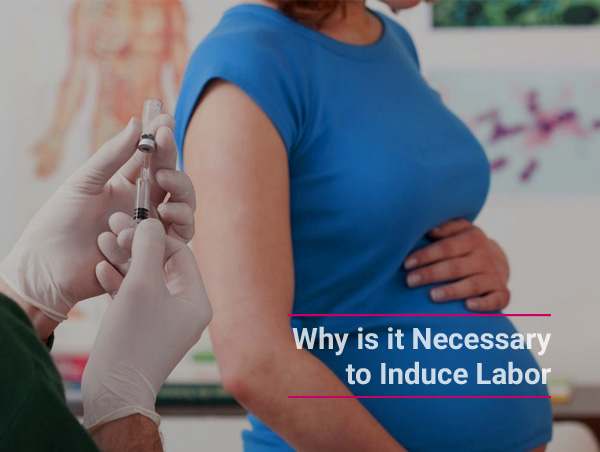Karen was only 24 years old and pregnant with her first child. Healthy and young, she breezed through pregnancy. But, the day of delivery was quite eventful. It was not as she had planned and hoped. The day of delivery was quite a chaos. The gynecologist announced ‘we are going to induce your labor’ now and the couple was valueless of what, when and how.
What Is Induced Labour?
The process in which the Gynecologist/Obstetrician decides to artificially stimulate labour pains if these are not occurring naturally and prepare for delivery is called induced labour.
How is it done?
The nurse or the doctor herself first does a membrane sweep also known as cervical sweep to bring on the labour pains. You may expect the medical practitioner to sweep their finger around your cervix during an internal examination. This is done to separate the membranes of the amniotic sac surrounding your baby from your cervix. This separation releases hormones (prostaglandins), which may kick-start your labour. It is not a painful procedure, but a little bleeding is expected after the sweep.
The next step is the induction of labour if pains do not begin after the sweep. This is always carried out in the maternity unit of the hospital as you are being prepped up for the delivery.
The Obstetrician will induce labour pains by inserting a tablet (pessary) or gel into the vagina.
Induction of labour may take a while and contractions may begin soon or in an hour or more for many. In case the doctor inserts a controlled-release pessary into your vagina, it can take 24 hours to work. If there are no contractions after 24 hours, another dose may be given. Sometimes a hormone drip is needed to speed up the labour. Once labour starts, it should proceed normally, but it can sometimes take 24 to 48 hours to get you into labour.
Although, there are no side-effects of induced labour but Inducing labour can be slightly painful and many times assisted delivery can be expected.
Why Is It Required To Induce Labour?
Your Gynecologist/Obstetrician may feel the urgent need to induce labour when:
- The natural pains have not initiated, and you are overdue. If the natural contractions have not begun at 40 weeks, the gynecologist may feel the need to induce labour.
- The water breaks but contractions do not begin. At times, water breaks earlier than expected time. The doctor feels it is best to induce labour and prepare for safe delivery of the baby.
- The child’s health is at concern.
It is best that you discuss the need for induced labour as well as process during second trimester with your Gynecologist. This allows you to be prepared and have a less stressful birth process.
The Ugly Truth of Childbirth In these Labour Rooms! “Why are you screaming?”








,